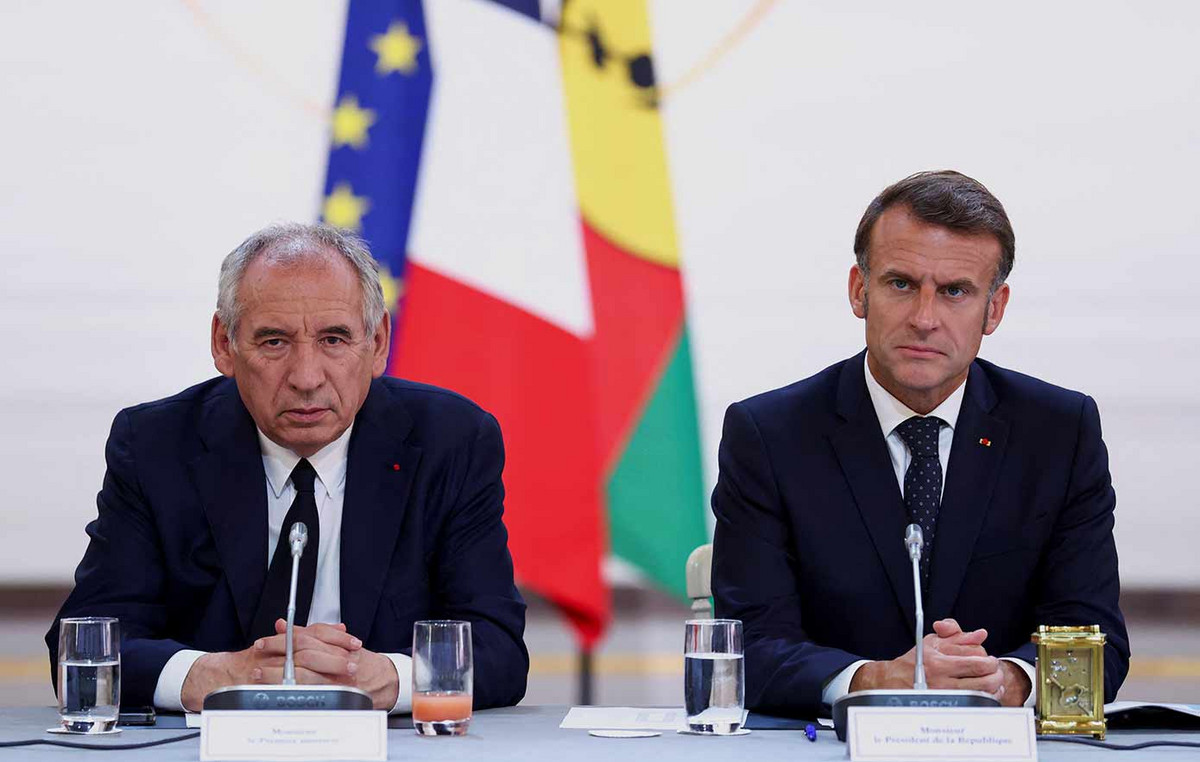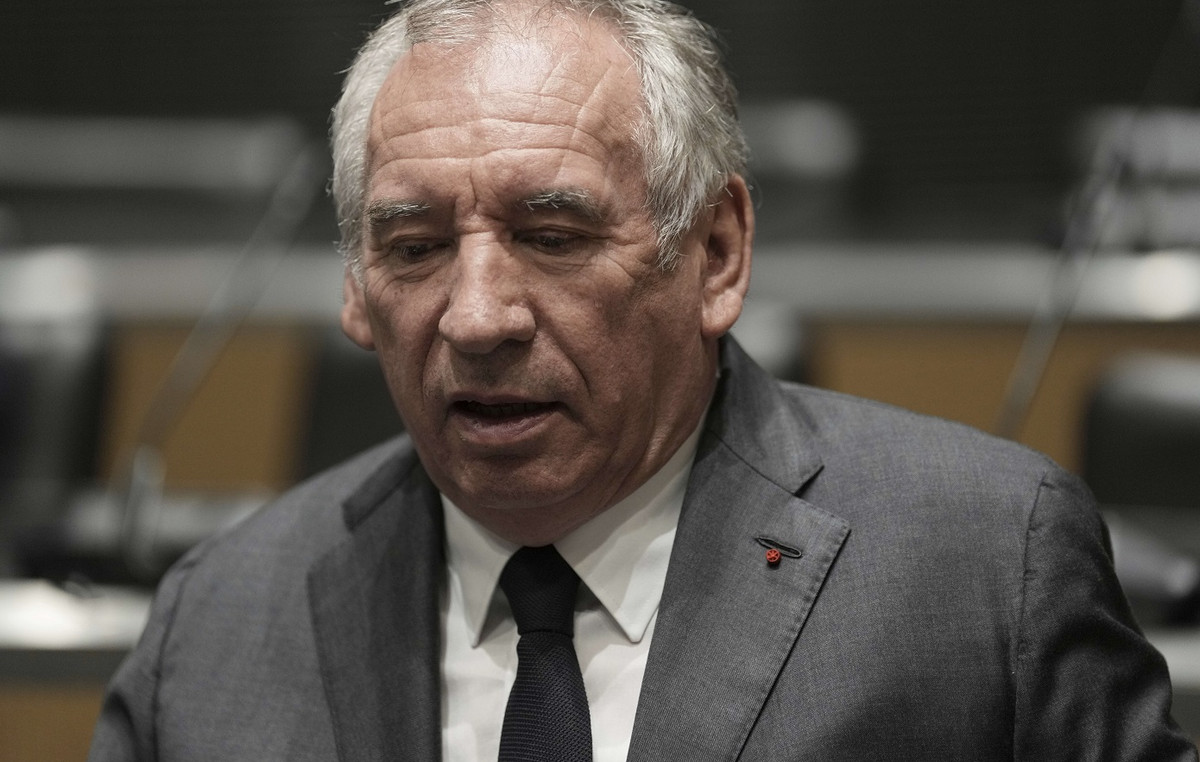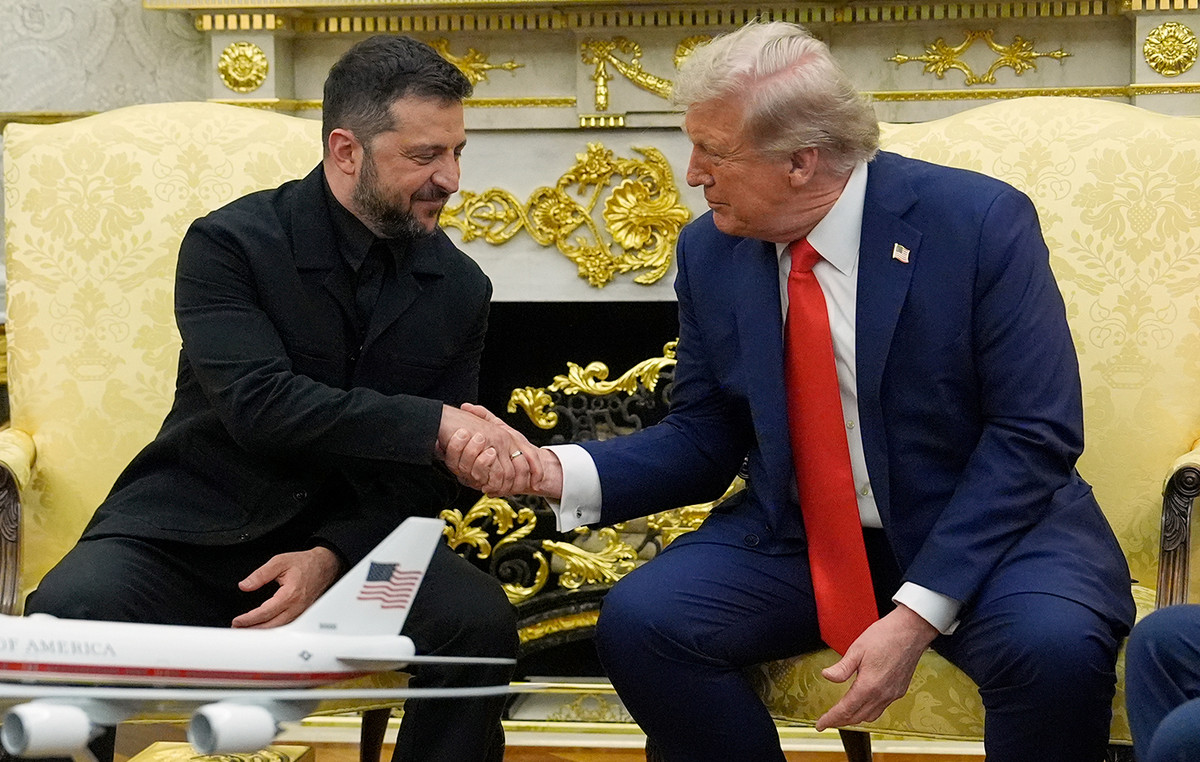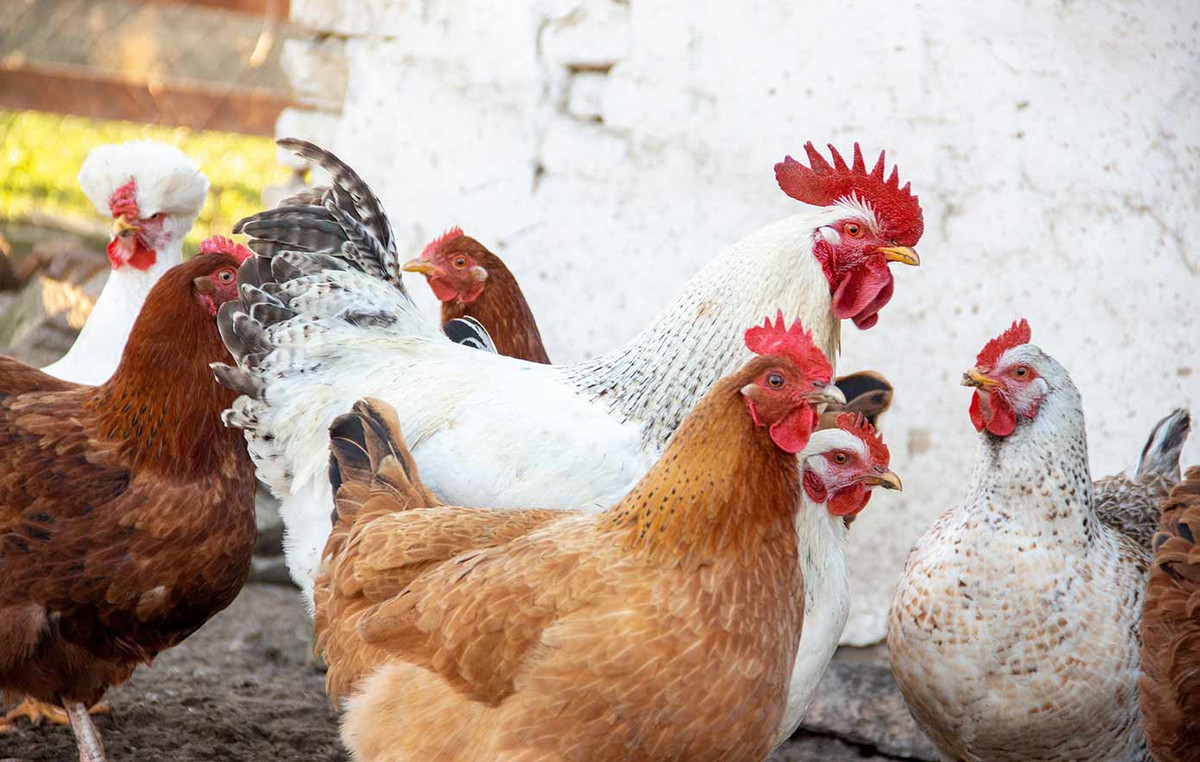German conservatives, led by Friedrich Merz, closed a coalition agreement with the center-left social democrat (SPD) on Wednesday (9), with the aim of reviving growth in Europe’s largest economy, precisely when a global trade war threatens recession.
The deal ends weeks of negotiations between the future chancellor Merz and the SPD, the party of the current chancellor Olaf Scholz. Merz’s party was the winner of the elections in February, but was far short of the majority, with the Ultracereite Alternative Party for Germany (AFD) rising to second place.
The pressure to reach an agreement has gained a new urgency, as the government will take command at a moment of global turbulence in a growing trade conflict triggered by US President Donald Trump’s comprehensive import tariffs.
The CDU-CSU Conservative Block and SPD will present its agreement to form a new government at 3 pm local time, the CSU party said.
Merz, who has called the US Trump with unreliable allies, has already promised to increase defense spending while Europe faces hostile Russia, and supporting companies facing high costs and poor demand.
He also promised to harden the issue of immigration, removing Germany from a more liberal immigration policy under the command of his conservative predecessor Angela Merkel during the 2015 European migratory crisis.
The coalition agreement still needs to be ratified by the vote of the members of the SPD.
If they support the agreement, the Chancellery will return to the conservatives after the three -year interregnum of Olaf Scholz of the SPD, whose term was marked by the economic and political consequences of Ukraine’s large -scale invasion by Russia in 2022.
As the details of the coalition agreement began to leak, a source said Germany will reduce corporate tax from 2028 and reform social assistance payments.
Ultracerea growth
German economic institutes reduced their growth forecast to this year from 0.8% to 0.1% in September, sources told Reuters on Tuesday (8). Germany is already facing two years of contraction and tariffs represent a hard blow to its economy, highly focused on export.
Merz told Reuters this week that tariff -induced chaos in global financial markets made it even more important to form a government quickly, a feeling echoed by the current finance minister, Joerg Kukies of the SPD.
“A possible commercial conflict increases the risk of recession, there is no doubt about it,” Kukies told Deutschlandfunk radio.
He said the coalition partners have already agreed to support a free trade zone between the European Union and the United States, being open to new transfringing trade agreements.
The coalition is the only possible majority of two parties that excludes AFD, whose support increased due to an anti-immigration agenda.
In a scam for Merz, an Ipsos survey released on Wednesday (9) showed AFD leading the surveys for the first time with 25%, surpassing Merz conservatives, who fell to 24%.
This occurs after another Forsa Institute survey, which showed that 60% of respondents said Merz could not be a chancellor, including 28% of CDU/CSU voters.
After winning the election, Merz approved measures in Parliament that would allow him to release a large amount of loans to finance a large increase in defense and infrastructure spending and support German companies in difficulties.
But the measure, although it has provided its new government a great advantage, has received criticism, including some of its own supporters, for moving away from the promise of fiscal rigor.
Merz represents a very different figure from Merkel, a consensual conservative who ruled Germany for 16 years before Scholz.
Blaming his centrism and liberal policies of immigration by the growing strength of AFD, Merz promised that a hard line in the deportation of illegal residents in the country and an efficient government will change the situation.
This content was originally published in German conservatives close to a new government coalition on CNN Brazil.
Source: CNN Brasil
Bruce Belcher is a seasoned author with over 5 years of experience in world news. He writes for online news websites and provides in-depth analysis on the world stock market. Bruce is known for his insightful perspectives and commitment to keeping the public informed.







